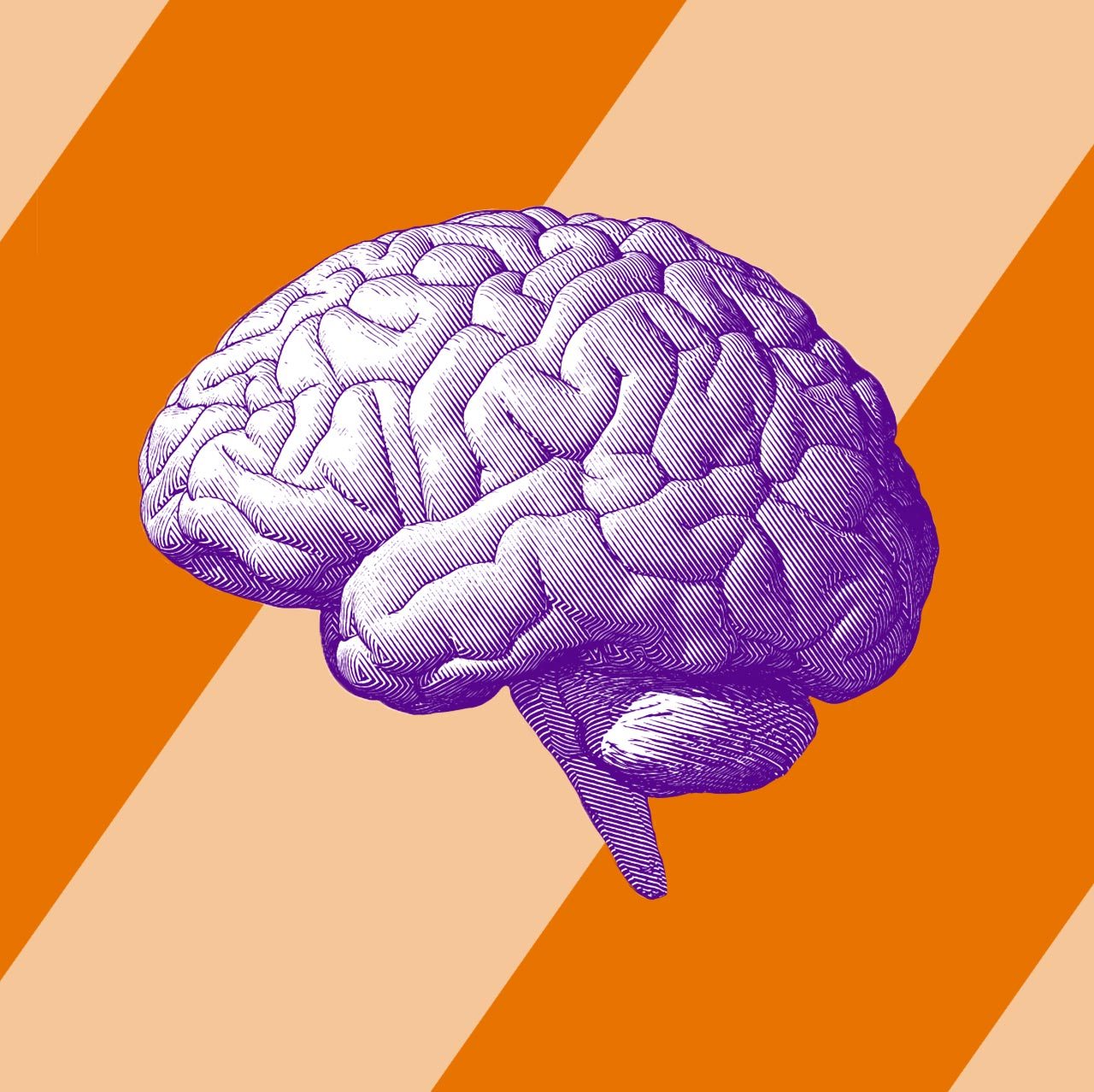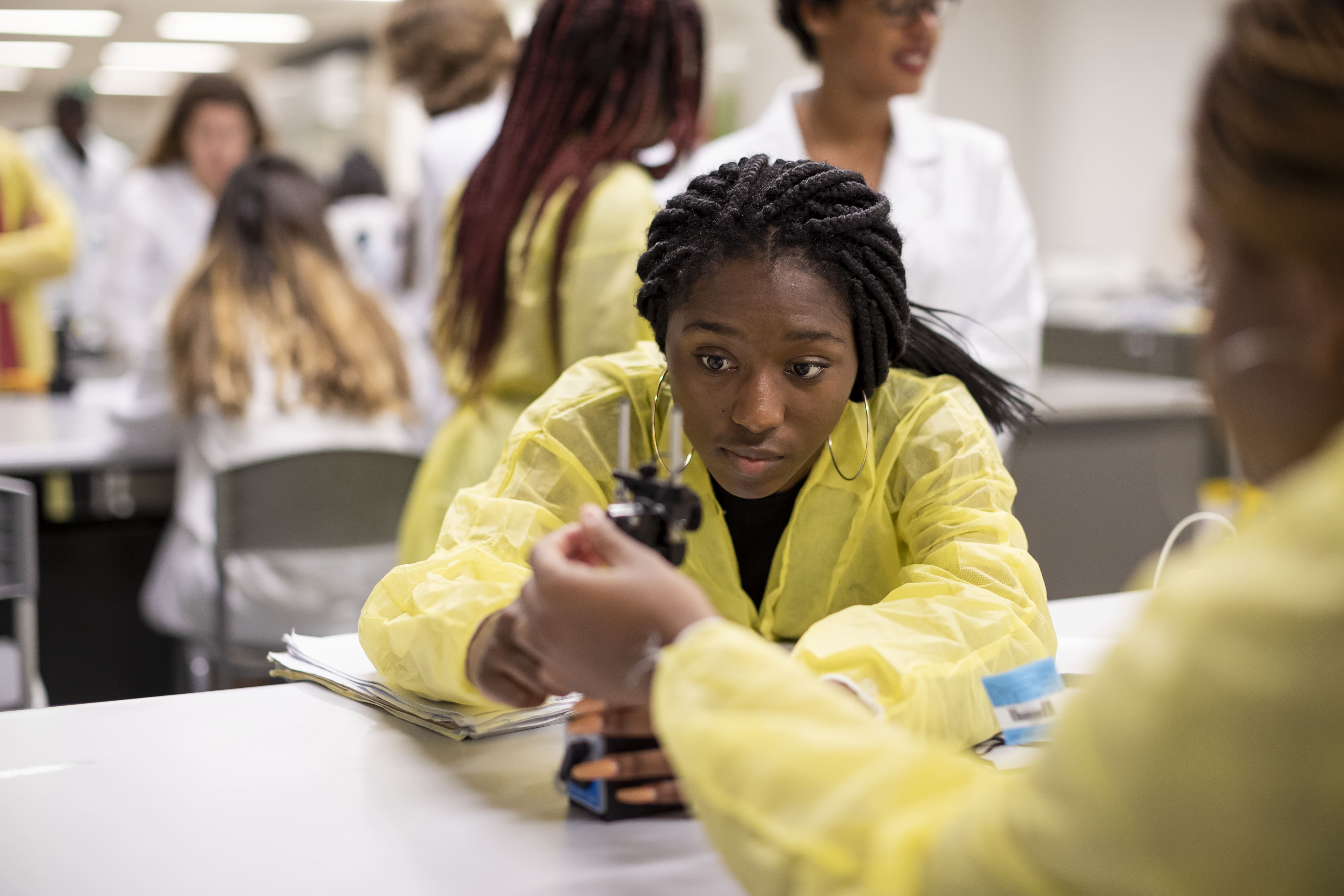The TL;DR
So, How Do I Decide?
I’ve been in both the Applied Psychology and Psychology programs at NYU and absolutely loved my experiences. Applied Psychology is a major at the NYU Steinhardt School of Culture, Education, and Human Development. Whereas Psychology is a major at the College of Arts and Science. From combined and double majors and the curricula to professors and academic communities, there are several differences and similarities between the programs. Let’s dive into them!

Difference: Combined or Double Majors
Applied Psychology
The Applied Psychology program collaborates with the Global Public Health program to offer students a combined major! A combined major is similar to a double major, except you don’t need to take as many classes to graduate.
The Applied Psychology major (alone) has more required credits for graduation (68 credits in total, which amounts to around 17 classes). Keep this in mind if you want to double-major. While it is totally doable, you will definitely need to do more preplanning with your adviser!
Additionally, you can’t minor in Applied Psychology.
Psychology
The Psychology major does not have a combined major with Global Public Health. But it does have one with the Departments of Linguistics, Psychology, and Philosophy’s Language and Mind major. This combined major is a good introduction to cognitive science!
The Psychology major requires 40 credits to graduate. This is around 10 classes. It’s very possible to double-major in Psychology, but always talk to your academic adviser first.
Additionally, you can minor in Psychology. The minor consists of four courses.
Difference: Curricula
Applied Psychology
The core classes are split into three main sections: learning/development, social/community, and counseling/clinical. You’ll find courses like The Counseling Interview and Child Development and Social Policy in a Global Society. Additionally, students take research, statistics, and seminar/fieldwork courses (more on this later). In my experience this major emphasizes how psychology intersects with different areas in our society—education, policy, and families. Parenting and Culture was one of my favorite courses. I learned a lot about common misconceptions regarding cultural stereotypes and it culminated with an independent research paper. If you’re interested in psychology’s intersectionality, this major is a great option for you. Check out the curriculum in more detail before making a choice!
Students in the Applied Psychology Honors Program are required to conduct an independent research project on a topic of their choice under the close mentorship of a faculty member. Honors students do not have to take any additional courses.
Psychology
Psychology is split into two core fields: natural science and social science. You’ll find classes on perception, cognitive neuroscience, personality, and social psychology. Additionally, you’ll be required to take two statistics classes, a lab course, and advanced electives. This major has a more traditional approach to psychology and is rooted in theory. However, professors still do a good job connecting psychology to different facets of society. Data Literacy for Psychology is one of my favorite classes. It counted toward my statistics requirement. As an aspiring researcher, this course really challenged my concept of quantitative research! Check out Psychology’s curriculum for more details.
Psychology’s Honors Program includes honors seminar courses. This is something honors Applied Psychology students don’t have. Additionally, honors students participate in the Undergraduate Research Conference and complete an honors thesis.
Difference: Fieldwork/Internships
Applied Psychology
The fieldwork component is one of the cornerstones of the Applied Psychology major. These field experiences take place in schools, social service agencies, psychiatric hospitals, legal clinics, youth centers, or research teams. Students are expected to volunteer eight to 10 hours a week at their chosen fieldwork site.
Psychology
There isn’t a built-in fieldwork sequence for the Psychology major. So if that isn’t something you’re interested in, then you can technically graduate without doing any fieldwork during the school year. However, if it is something you might want to do, there are ways for you to get credit for something similar. For example, you can enroll in special courses like Supervised Reading or Research Experience in Psychology. If you do become a psychology student, your adviser will gladly guide you through this process. This process is less direct, but it’s still possible.
Similarity: Community
Applied Psychology
Both majors have a great supportive community with amazing academic advisers and clubs. When I was a first-year applied psychology student, my academic adviser (shoutout to Amanda) guided me through the whole chaos of starting college. Additionally, she supported me when I wanted to transfer. Similarly, student clubs like the APUG Club, Inside Scoop, and OPUS create a vibrant student community. You’ll find mentorship, publication opportunities, and fun social events through the applied psychology community!
Psychology
The same sentiment applies to the Psychology major. I love my current adviser, Andy. I transferred into Psychology late (my junior year), and he was so supportive throughout the entire process! The Integrative Psychology Review is a student-run journal with a focus on showcasing the interdisciplinary nature of psychology. Additionally, NYU Active Minds is a club dedicated to battling the stigma against mental health! My point is, regardless of what major you choose, you will have an amazing support system and a vibrant student community.

Similarity: Part of NYU
I’m not going to separate this one. Even though it is slightly obvious, both majors are a part of NYU! No matter which you choose, you’re going to have amazing professors, unrestricted access to minors, and opportunities to study away at NYU sites. There really isn’t a “better” or “worse” way to study psychology. It really depends on your academic and professional goals.
Really...Is There a Right Choice?
Objectively, no. However, based on your personal preference, one program may be a better fit for you. While it was a whirlwind to get to where I am today, I’m really glad I had the chance to study in both programs. I love them both, and I’m sure you’ll have no regrets no matter which one you choose. So when you’re deciding, try to really focus on the different factors I mentioned in this article to decide the best fit for you!



